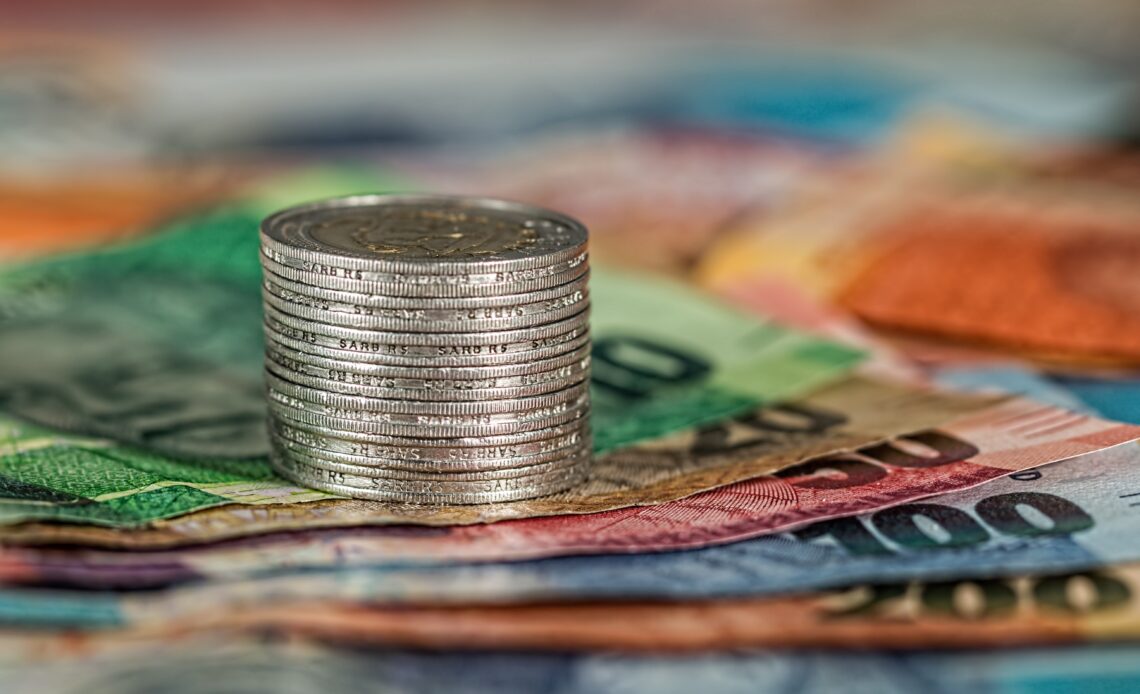Are you one of the many South Africans whose finances are in shambles? It may be time to take charge of your financial health. A Sanlam survey of over 1000 South Africans found that “nearly a fifth of respondents had no savings to speak of. An overwhelming majority (54%) couldn’t make their money last to month-end”.
A statement released by First National Bank (FNB) in 2021 found that of most of its 10.5 million (South Africa 8.7 million and Rest of Africa 1.8 million) clients, only a fraction would survive a financial emergency.
“Our internal research has revealed that fewer than 7% of FNB clients have enough money saved up to be able to cover living expenses for three months if they were to suddenly lose their income,” said Ester Ochse, Product Head at FNB Money Management.
Given the uncertainty of these times, it is important to make sure that your finances are in order. Here are a few ways you can start taking charge of your financial health.
Really Look At Your Finances
Talking about money can be uncomfortable, however, you will not be able to take charge of your finances if you have no idea of what is going on with your money. Instead of guessing and estimating, taking time to have a look at our spending, debt and income can give us a clear picture of the things we need to work on to improve our financial health. Spending tracking apps can be a life saver in this regard. You can also have a look at your bank statement for the last few months and track where your money is going. It will be easier to make adjustments when you are not in the dark.
Limit Frivolous Spending
Unless you were born a trust fund baby, chances are you work hard for your money. Spending it on your heart’s desires can feel like a reward. However, spending your hard earned cash on frivolous things such as going out too much, partying, designer clothing and other non essentials could lead you down a path of poor financial health.
Pay Off Your Debt
South Africans are drowning in debt. According to the South African Reserve Bank in 2020 “Households Debt To Income in South Africa increased to 77.10 percent in 2020 from 72.80 percent in 2019”.
Spending on credit can be dangerous due to the interest rate. Not only will you have to pay for what you used, you will also have to pay extra in interest. Paying off as much debt as possible will limit the amount of interest you have to pay, giving you more money in the long run. The secret it to start with your smallest debt and work your way up. Experts call this snowballing. Another method is called avelanching, this means paying off the debt with the highest interest first. Do your research to find out which is best for you.
Save Save Save
Saving can seem overwhelming at first. As the African Proverb says, the best way to eat an elephant is one bite at a time.
“There’s a common misconception that you need a lot of money to make an emergency fund feasible. That’s simply not true. The key message is that it’s fine to start small. Contribute R10 or R100 when you can. Getting started is what’s important,” says Farzana Botha, Segment Manager at Sanlam.
Call a few reputable financial services providers to get a sense of what savings plan are available. This way you will be able to pick one that is suitable for your needs.


